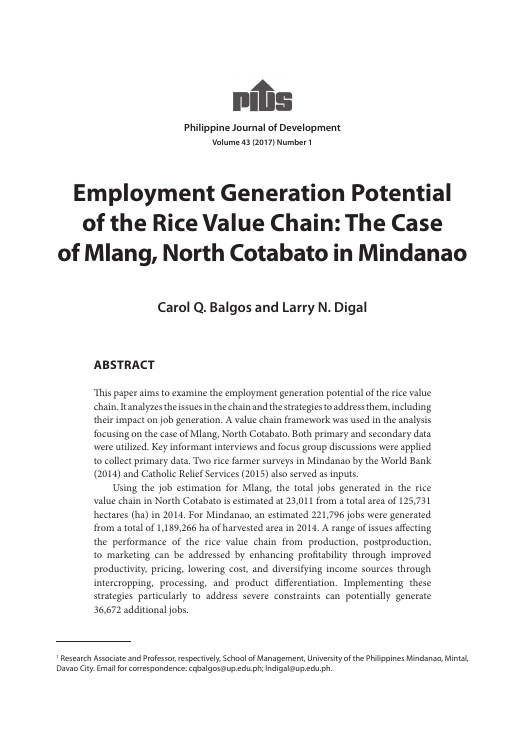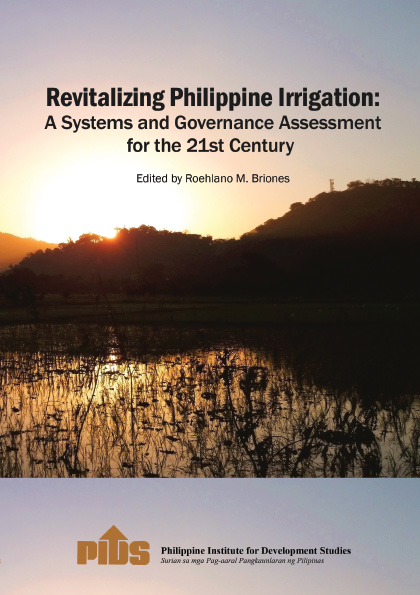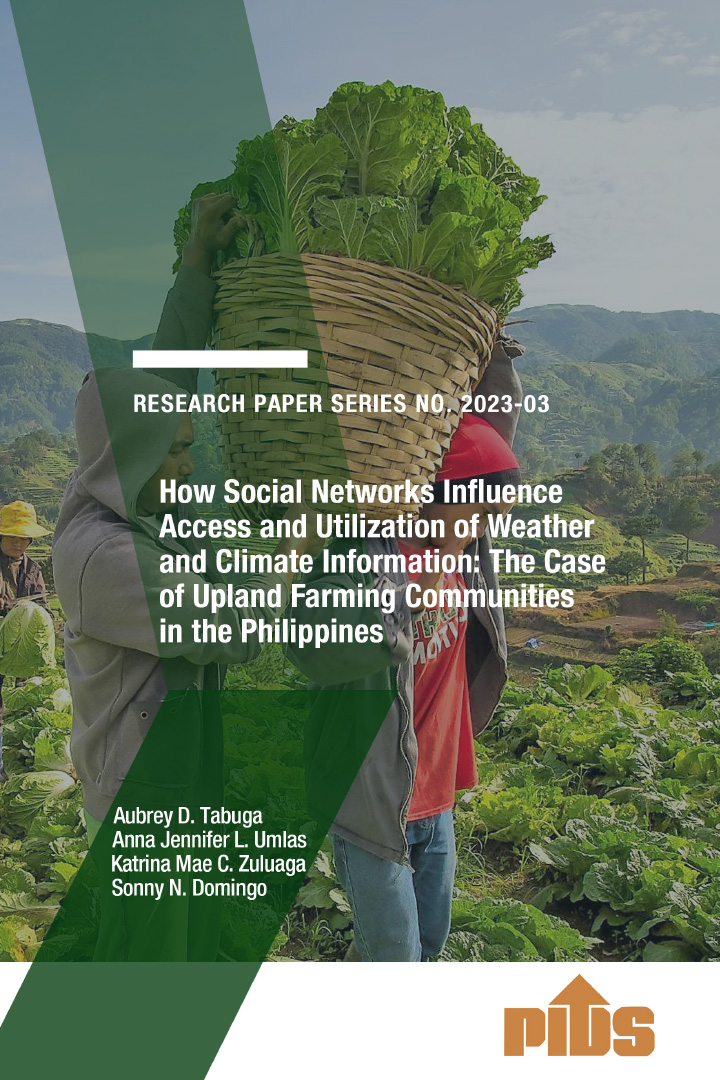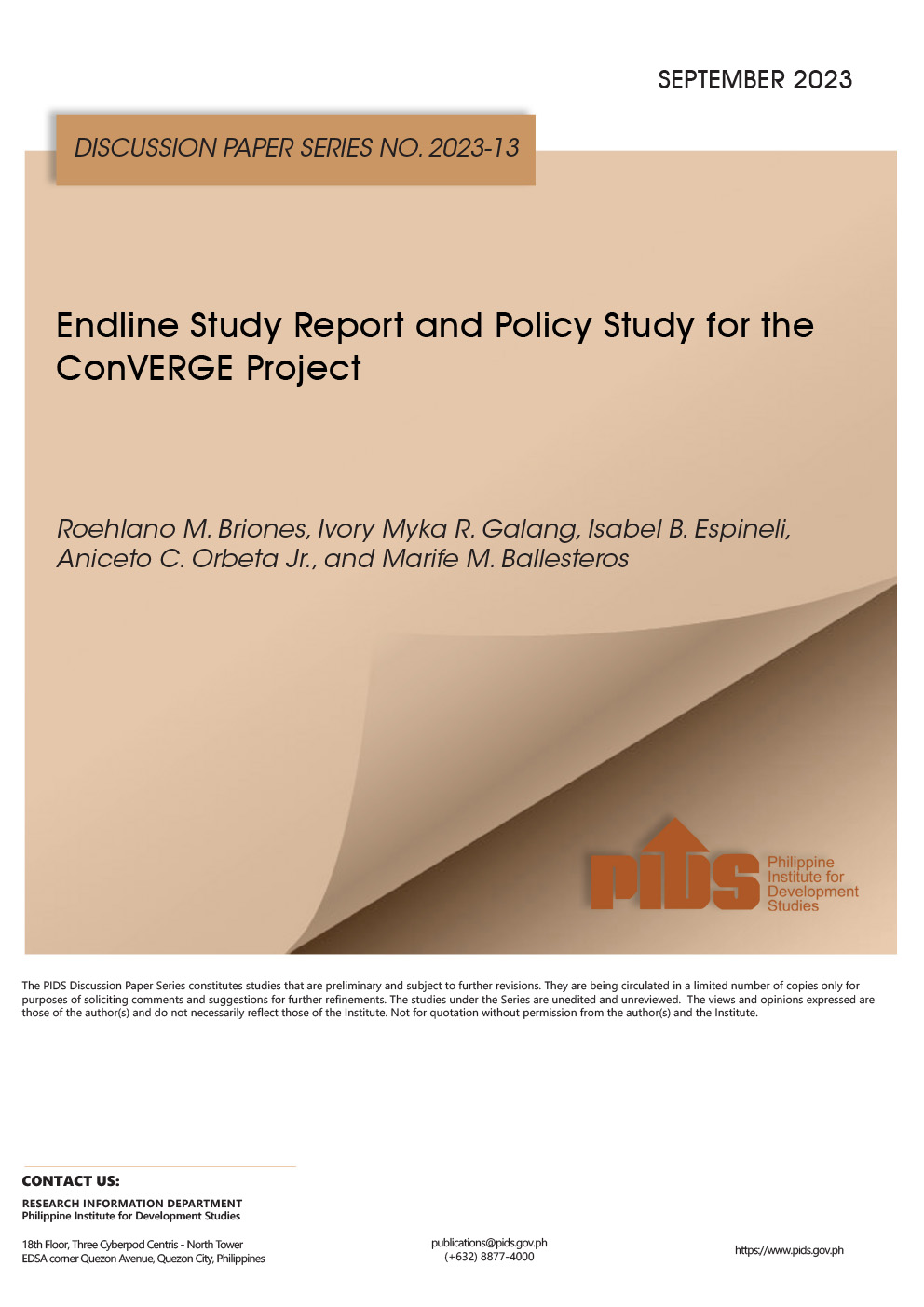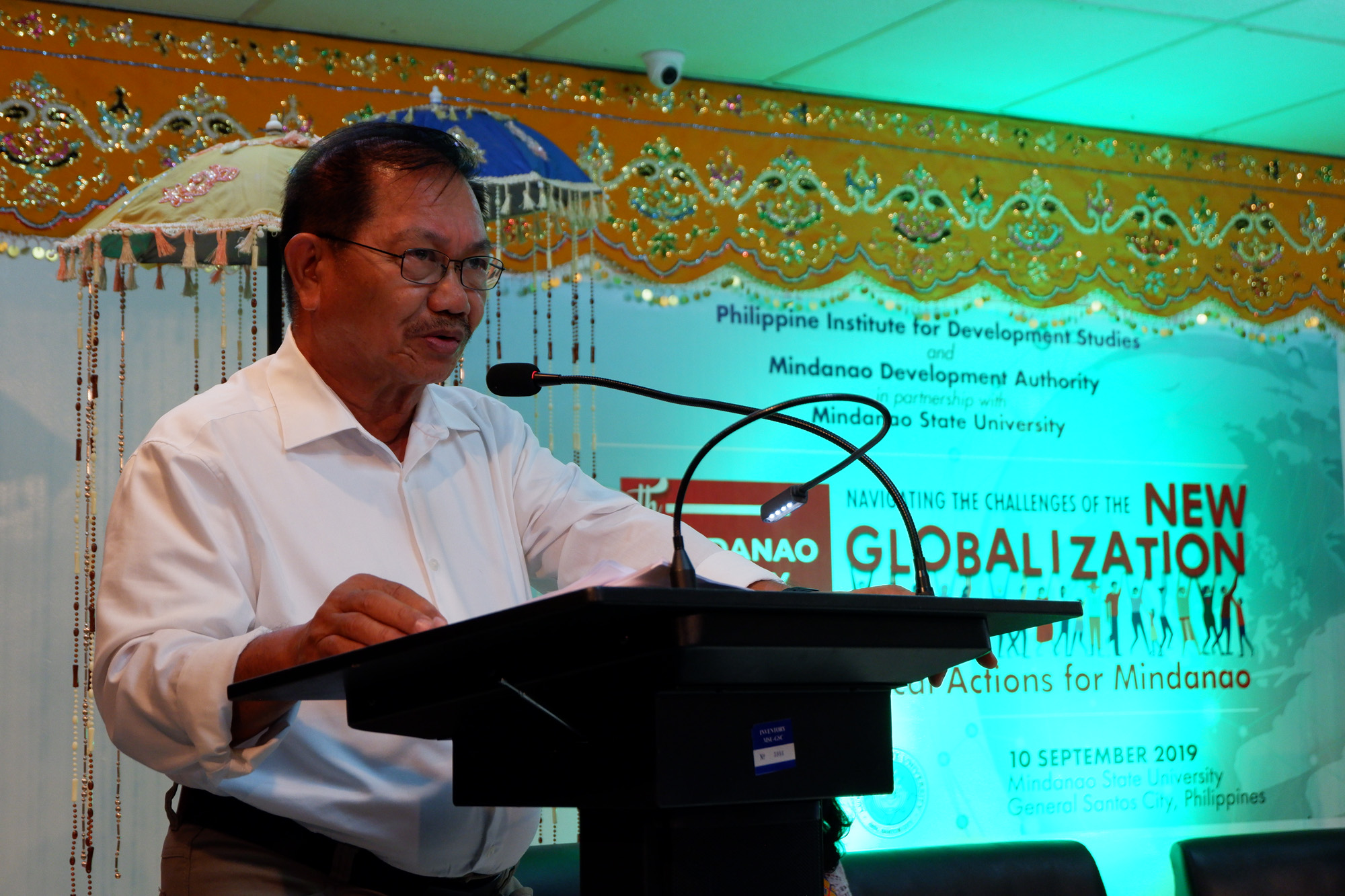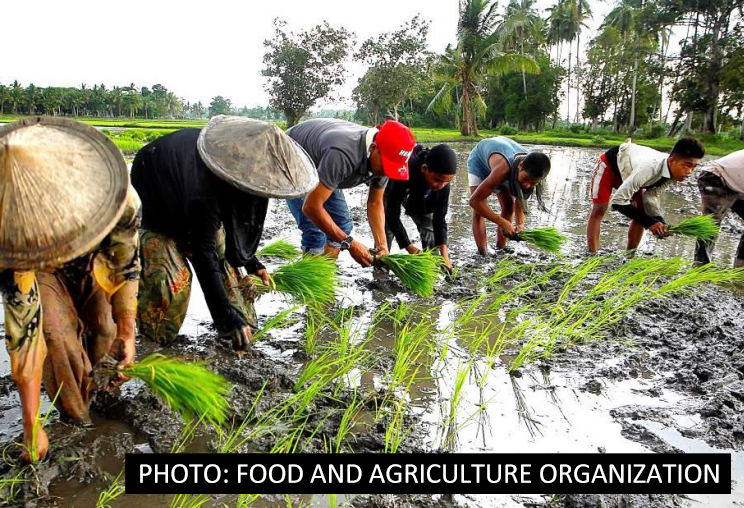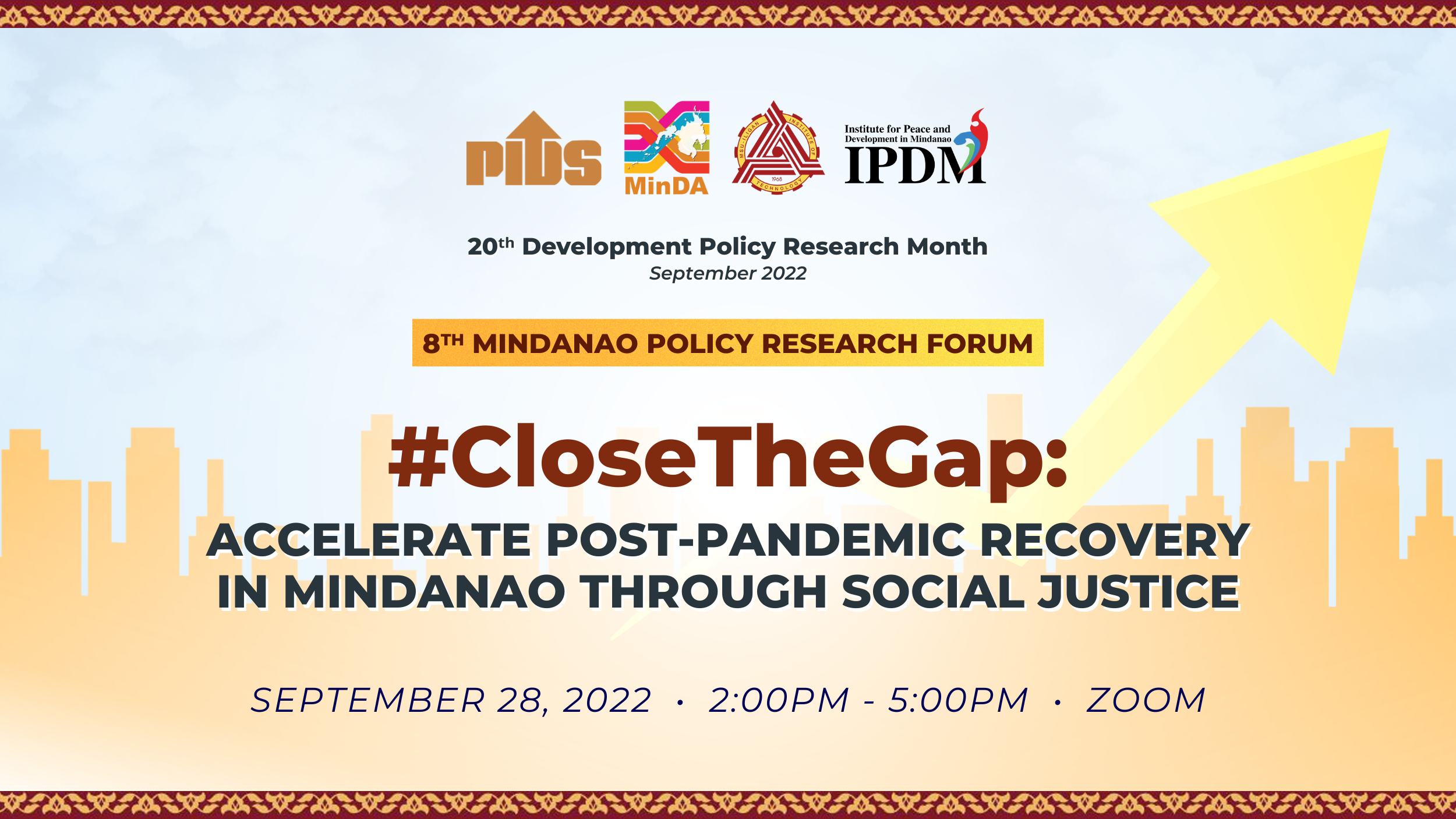This paper aims to examine the employment generation potential of the rice value chain. It analyzes the issues in the chain and the strategies to address them, including their impact on job generation. A value chain framework was used in the analysis focusing on the case of Mlang, North Cotabato. Both primary and secondary data were utilized and key informant interviews and focus group discussions were applied to collect primary data.
A range of issues affecting the performance of the rice value chain from production, postproduction, to marketing can be addressed by enhancing profitability through improved productivity, pricing, lowering cost, and diversifying income sources through intercropping, processing, and product differentiation. Implementing these strategies particularly to address severe constraints can potentially generate 36,672 additional jobs.

